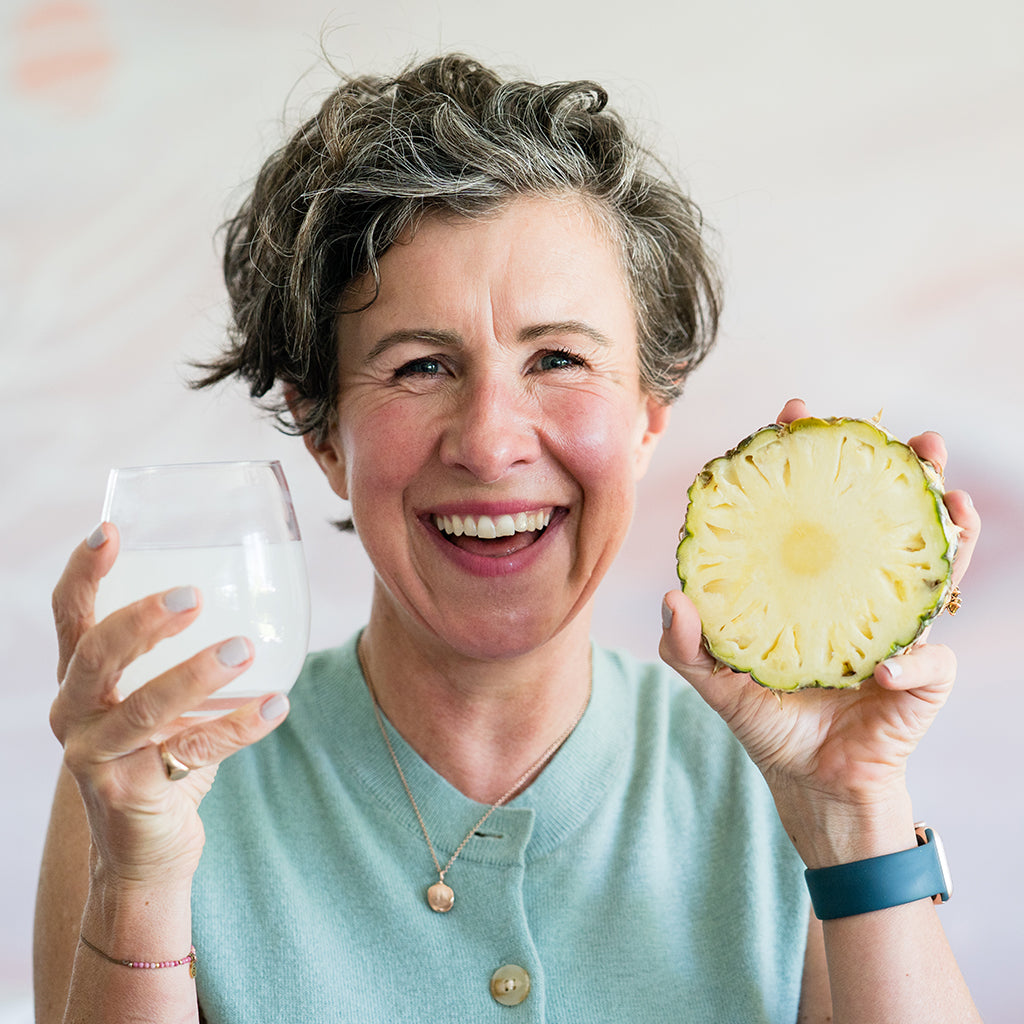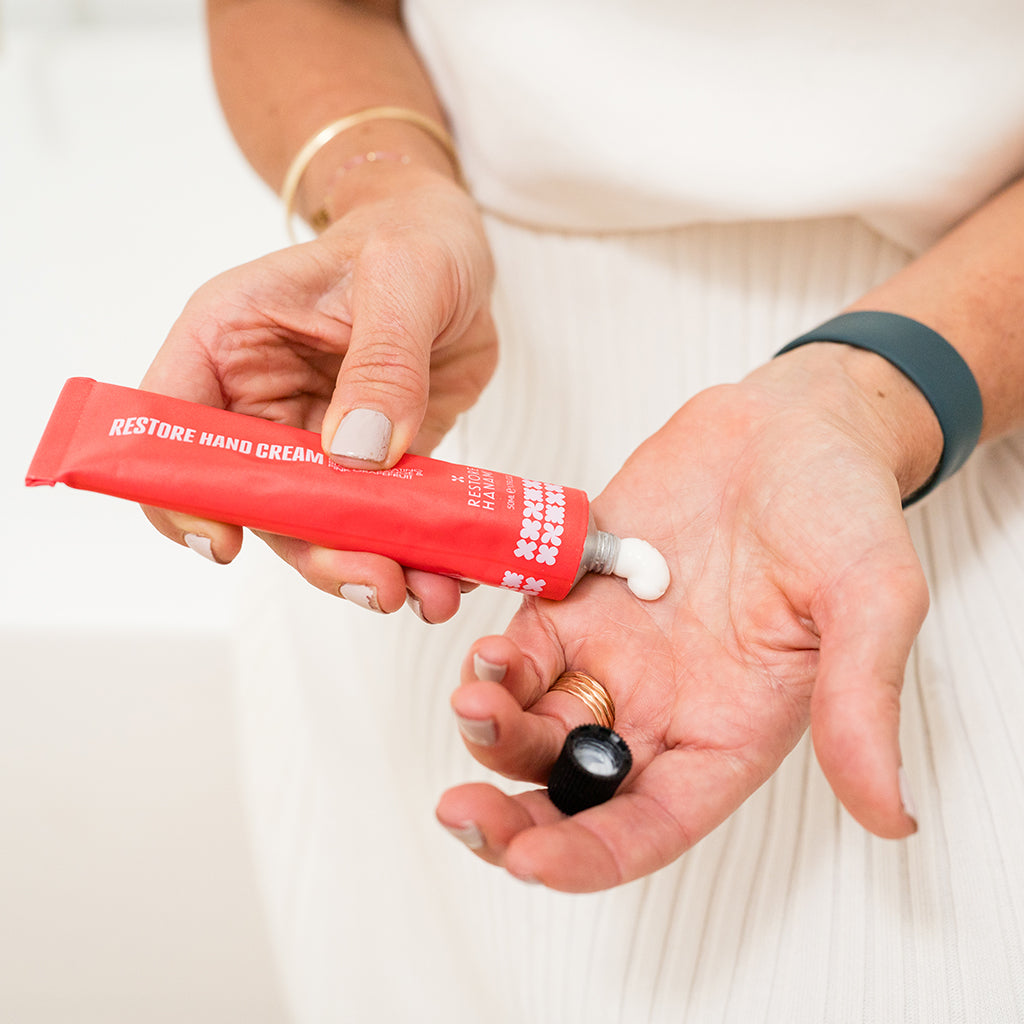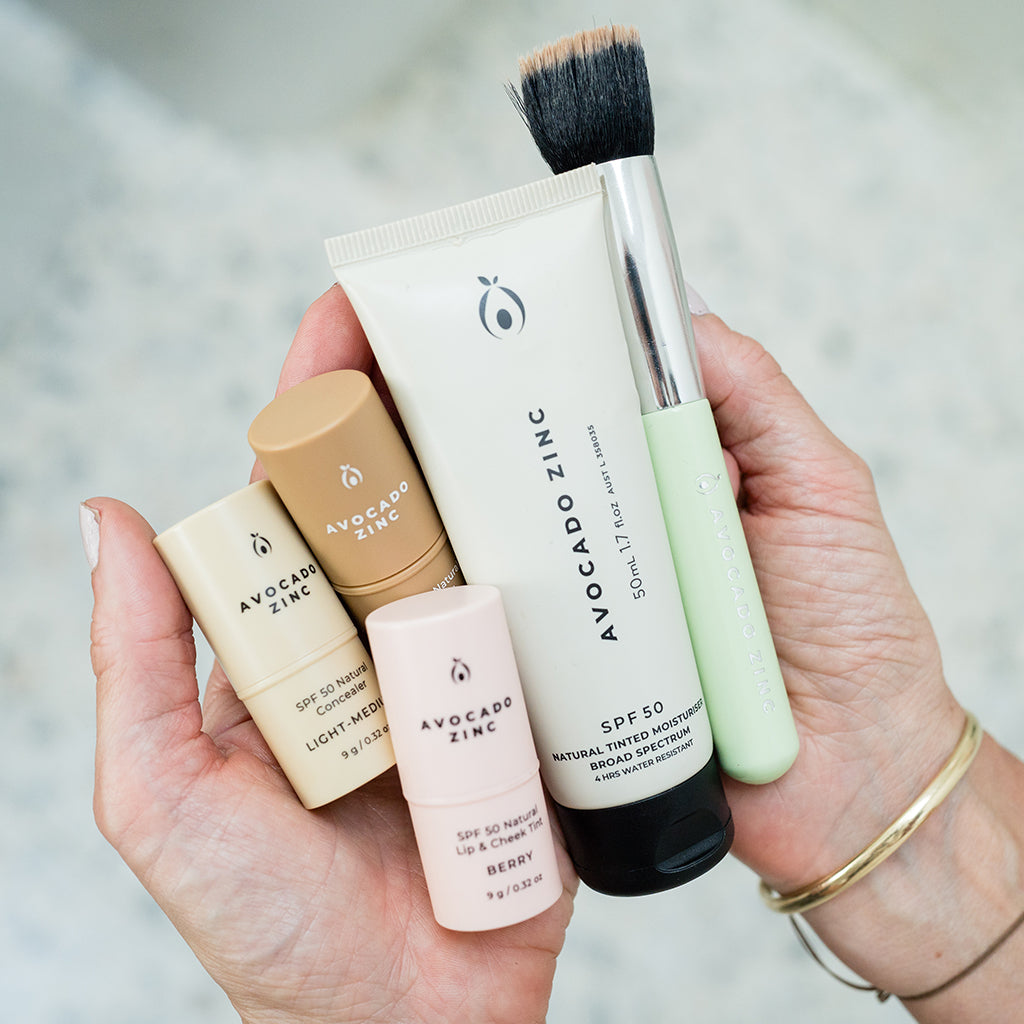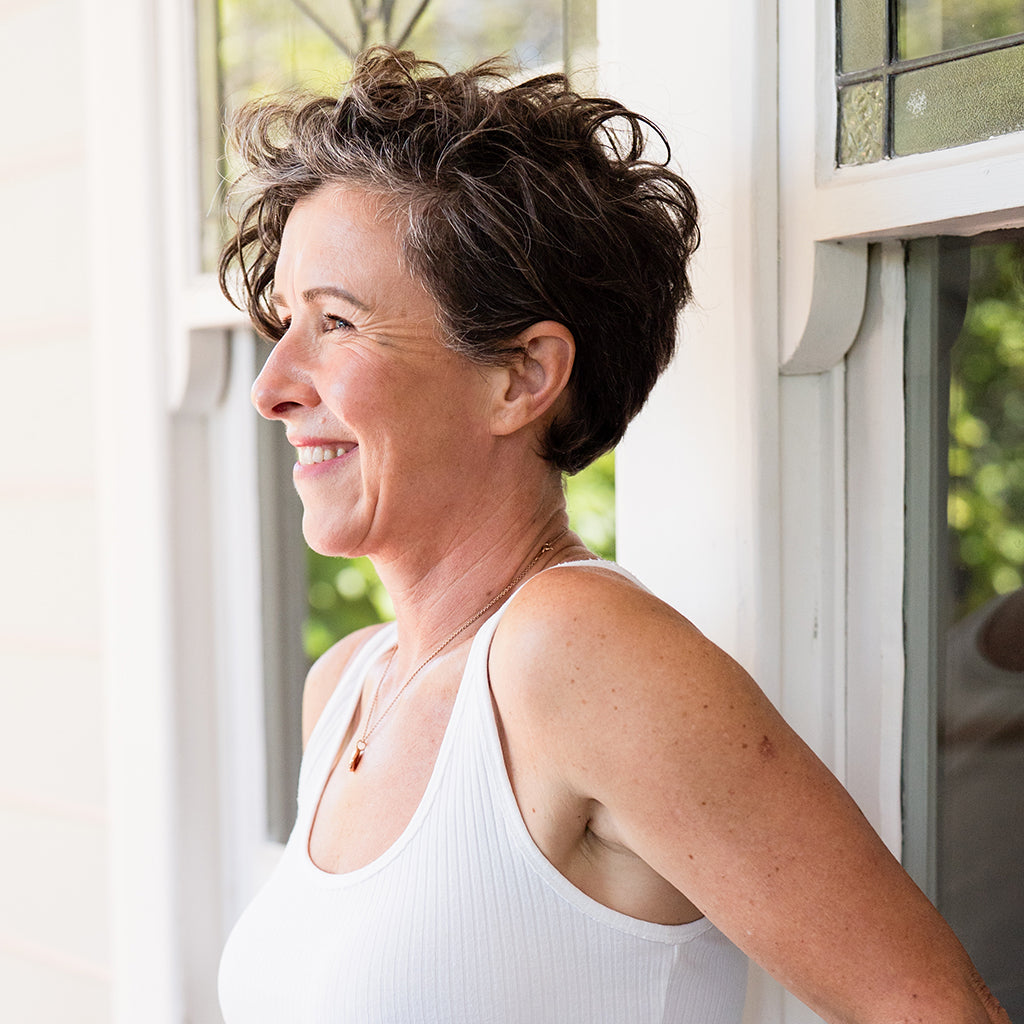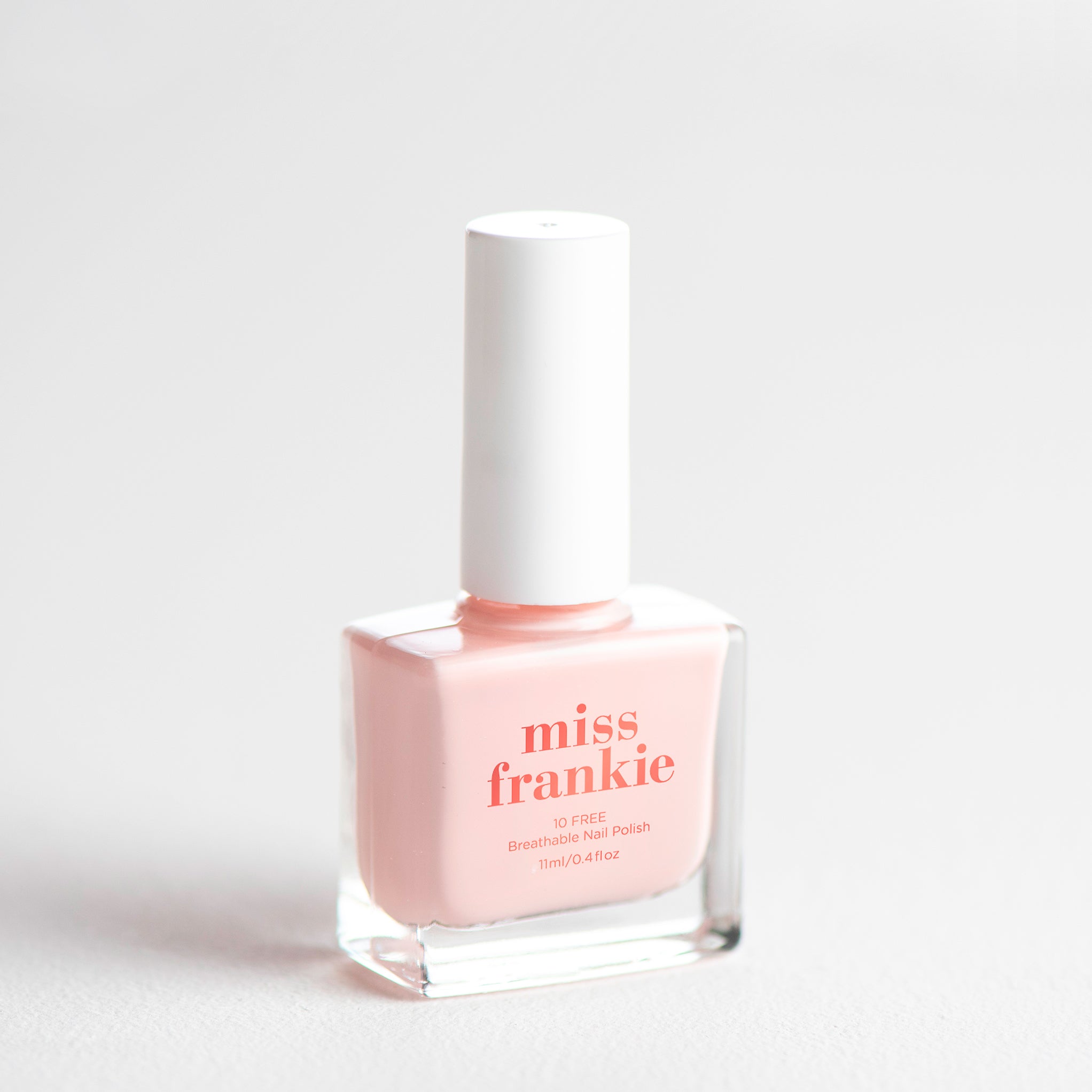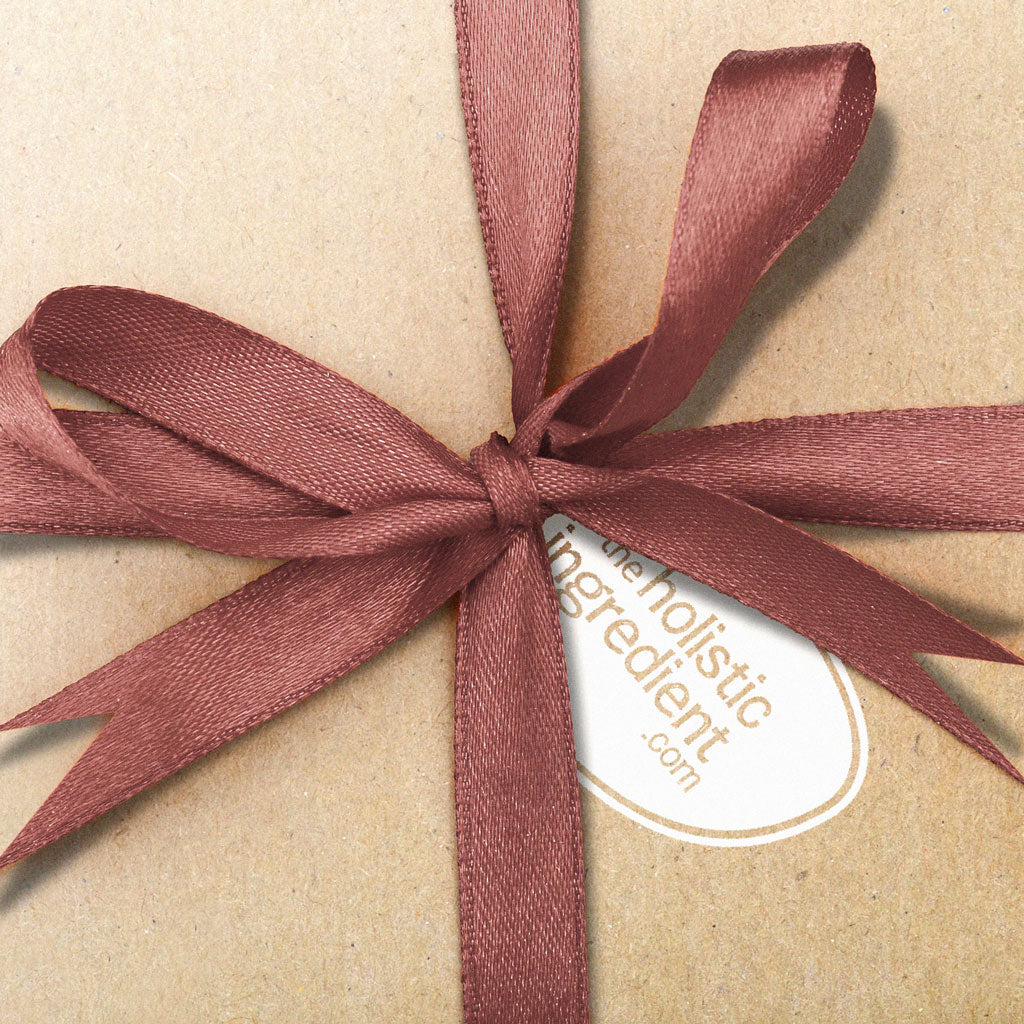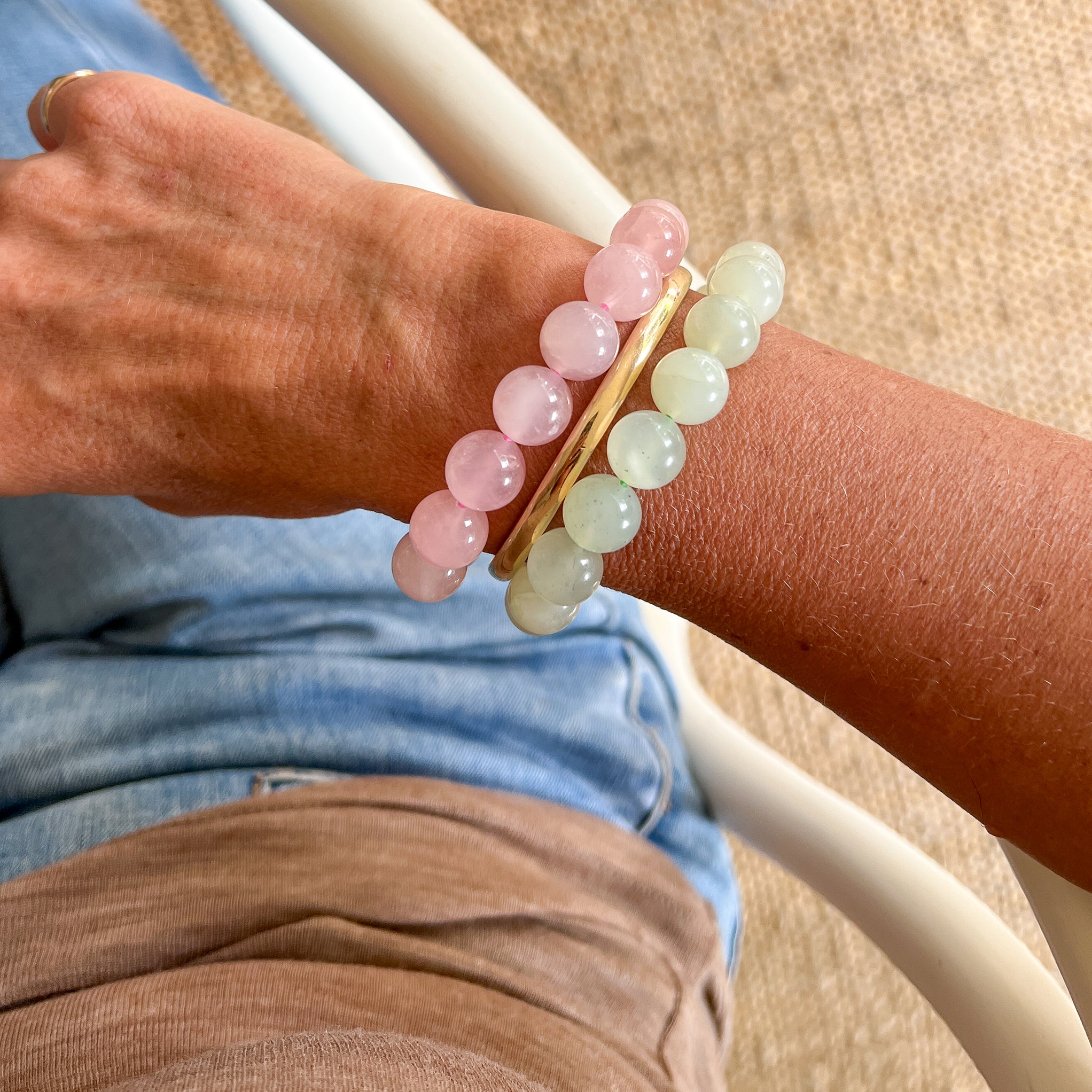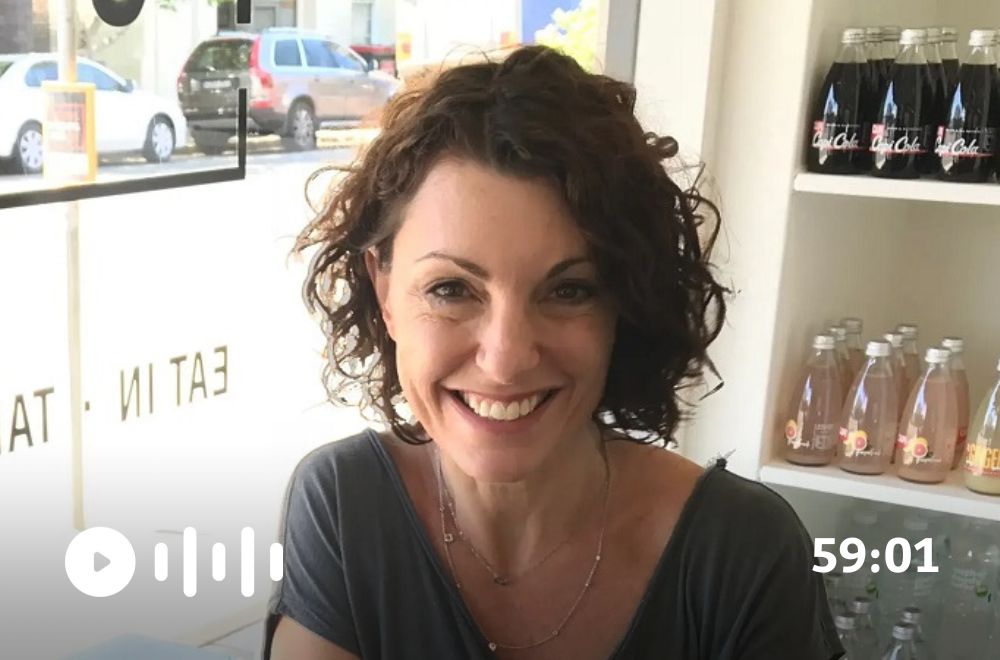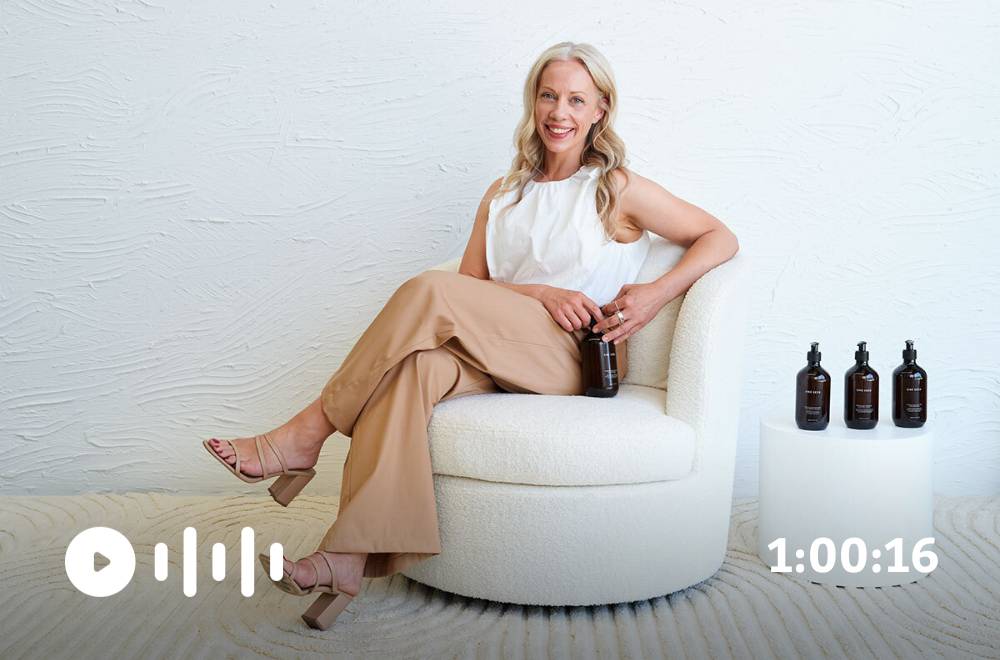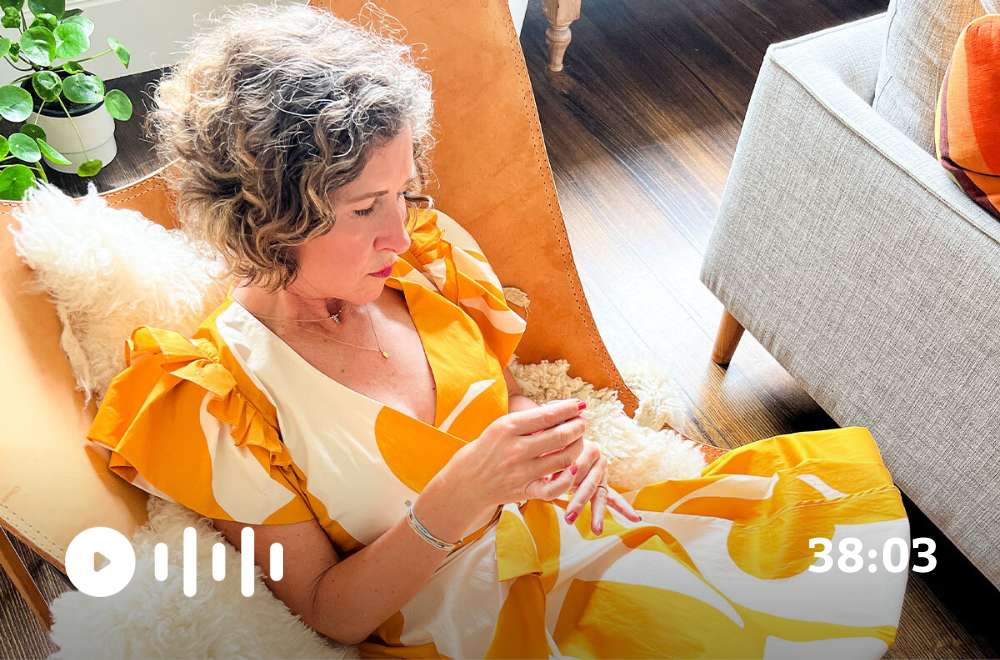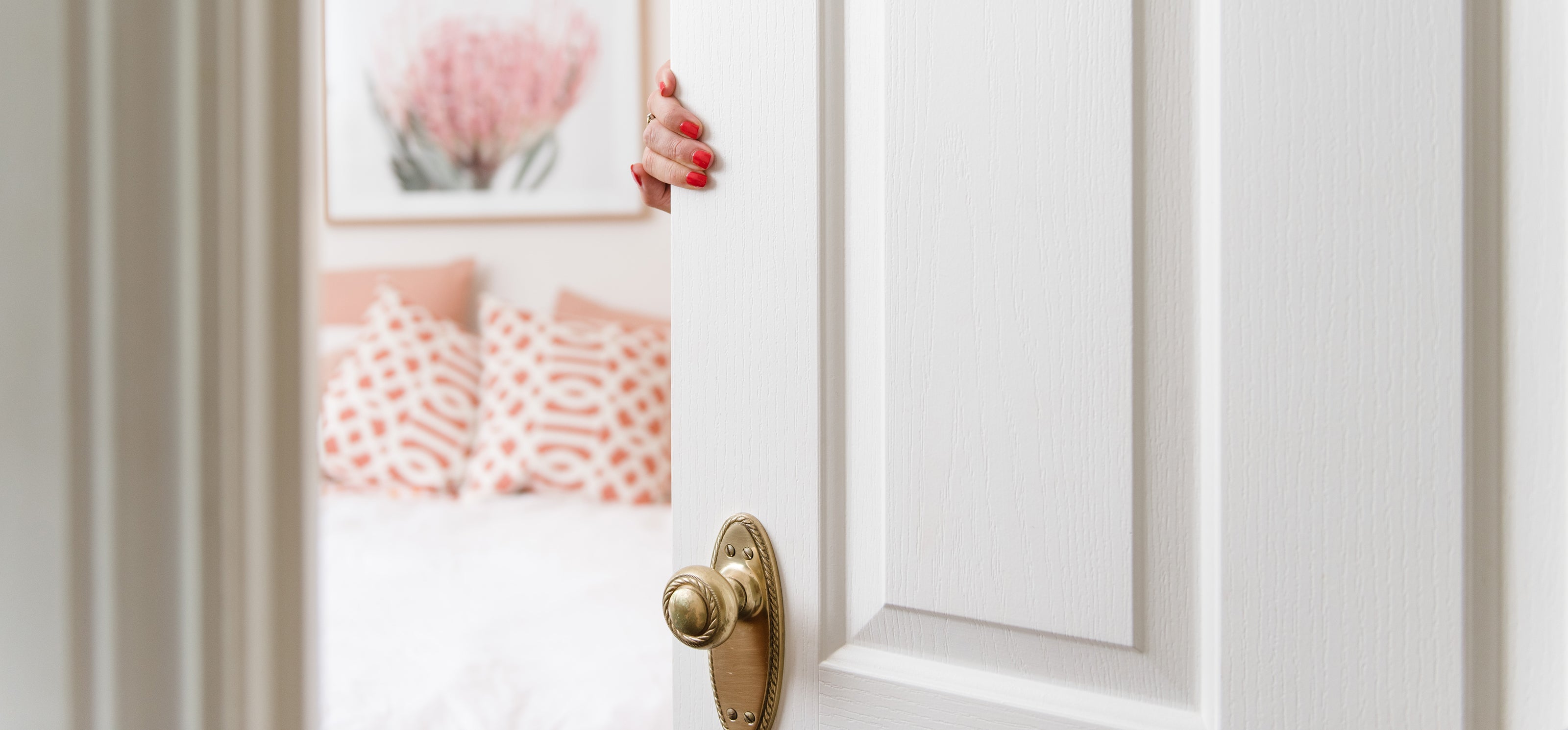
Bonnie Bliss is a Sematic Sexologist pleasure expert and women's embodiment teacher based in Australia. She has taught thousands of people all over the world in adult sex education, embodiment, sexual wellness, and pleasure. I'm thrilled Bonnie is joining me in this week’s episode to talk about the importance of fostering greater pleasure in our lives and why our nervous systems will love us for it.
Listen to the full episode on Apple Podcasts, Spotify, Google Podcast and more.
Broadcast: March 10, 2021
Duration: 37:42
Here’s a snippet of the full podcast...
What does it mean to be embodied?
Amy: You're an Embodiment Coach. What does it mean for a woman to be embodied?
Bonnie: Being embodied is when you are truly connected to your body. I have lived a lot of my life feeling numb and disconnected, living completely in my mind, only ever seeing my body externally, judging it for what it looks like or what other people think of it, not actually enjoying how it feels to be in my body.
When you 'land' in your body...
Bonnie: Embodiment is the process by which we learn to inhabit or ‘land’ in our bodies. It has so many impacts on the nervous system, on our stress levels, on our capacity to relate authentically with others. When I was really disconnected and out of my body, it was really hard to have healthy relationship patterns because I didn't even know what boundaries were, if they were being overstepped or what felt right.
Through embodiment, we come to learn who we are. We learn to relate more healthily and support our nervous system regulation. We support our stress levels. We're able to access more pleasure… It has so many incredible benefits.
Amy: What are some of the most common reasons women seek you out?
Bonnie: There are many, but many of them would be around themes – 'I don't feel anything during sex. It's not that interesting. I'm in my head the whole time. I don't have pleasure. I want to have a different experience of orgasm. I'm addicted to my vibrator. I only experienced clitoral orgasm. I'd love to learn how to experience internal pelvic pleasure and/or cervical pleasure or pleasure from different parts of the body. I feel numb and flat and disconnected in my life generally. I struggle with intimate relating. I'm insecure about my body. I'm not sure how to begin to put myself out there in the dating world.’
I've had a lot of women come to me who are mothers and have struggled with their body changing, or their relationship with pleasure or sexuality changing, especially in long-term relationships or when their roles have shifted.
Why is pleasure so important?
Amy: I'm sure many women feel immense discomfort around the notion of self-pleasure - women might feel shame, for example.
Bonnie: When we repress, deny, avoid or shame an area of our lives, and often that is our sexuality, it impacts all the other parts of our lives. If you see yourself as a sexual being who on some level has some kind of longing or yearning to experience deeply fulfilling sexual intimacy with yourself or with someone else, then when you deny, avoid, repress or pretend that your sexuality isn't a thing, then that has many implications for the rest of your life and you can't selectively numb emotions.
I was told when I grew up that it was bad and wrong. I decided to just focus on my career, to have a functional relationship without sex. But often you get to a point where that thing is kind of eating away inside you, that yearning to connect with your body, the force that created us. Peter Levine talks a lot about how orienting our attention to things that feel good actually supports nervous system regulation and this can help us to heal trauma as well.
A lot of what I work with is not even genital pleasure. It's pleasure generally - like pleasant sensations, feeling good in your body. It's looking out the window and seeing the palm trees moving and the rain falling... It's moving my body really slightly and seeing how actually that feels nice to remember that I have a body and it can feel good.
Create an anchor of safety in the body.
Bonnie: And when we do that, we help ourselves to feel safe. We create these anchors of safety in the body and from there we can be more functional humans. We have more energy for people we love. We can show up more fully for our work. We are more creative. We get more done. We're more inspired. We're funnier. We're more loving friends. We are more present for people we care about. As women we have really strong programming around being the martyr, the one who does everything - just keep pushing through and put everyone's needs before yourself. And it's really dangerous - who wants to have a parent who's completely disconnected from themselves and just living for their child?
Amy: I love how you reference sensuality, and the importance of putting time aside to focus on it. Self-care.
Bonnie: It can be so hard to find the time for self-care. And I think that's because we have this idea that we need to do it perfectly. But it’s not a box you tick off. I really like to think of it as hygiene. In the same way that you clean your teeth every day, you don't clean your teeth once and go, ‘Okay, tick, I've done that’. You've got to keep doing it.
Self-care is the same kind of thing. It doesn't need to take extra time. It could literally be looking out the window while you're doing the dishes and feeling the sensation of the soapy suds in your hands. It can be sitting in your car, driving your kids somewhere, like wiggling your pelvis a little bit and being like, ‘Hi, I’ve got juicy hips!’ There are so many opportunities throughout our day for us to connect with the senses or our bodies.
When we feel disconnected and isolated...
Amy: For those who feel disconnected, who may have experienced long-term isolation as an example, how would you encourage them to reignite their connection with their bodies?
Bonnie: 2020 was a really full-on year and we don’t know what 2021 will bring yet, but, 2020 was a lot and just acknowledging that, realising we’re social creatures. I’m also a big advocate for therapy, because we’re not meant to do it all on our own. Some practices that I often recommend would be like – what can you do for five minutes a day? When you wake up in the morning, can you spend five minutes in bed instead of reaching for your phone? Can you spend five minutes gently stroking your body?
Make time for self-pleasure.
Amy: What do you think might be going through some women's minds as they think about putting time aside for self-pleasure? I anticipate shame comes up for some?
Bonnie: Yes. And it's being selfish, pleasure is frivolous. Also, what if I don't feel anything? What if I am broken and I just don't want to fully know that I'm broken? I've really struggled with self-worth and self-esteem over the years and it's kind of one of my core wounding patterns that still pops up from time to time. And it's something I really need to remind myself because my tendency would be to overwork. So now I need to really slow down and prioritise myself.

